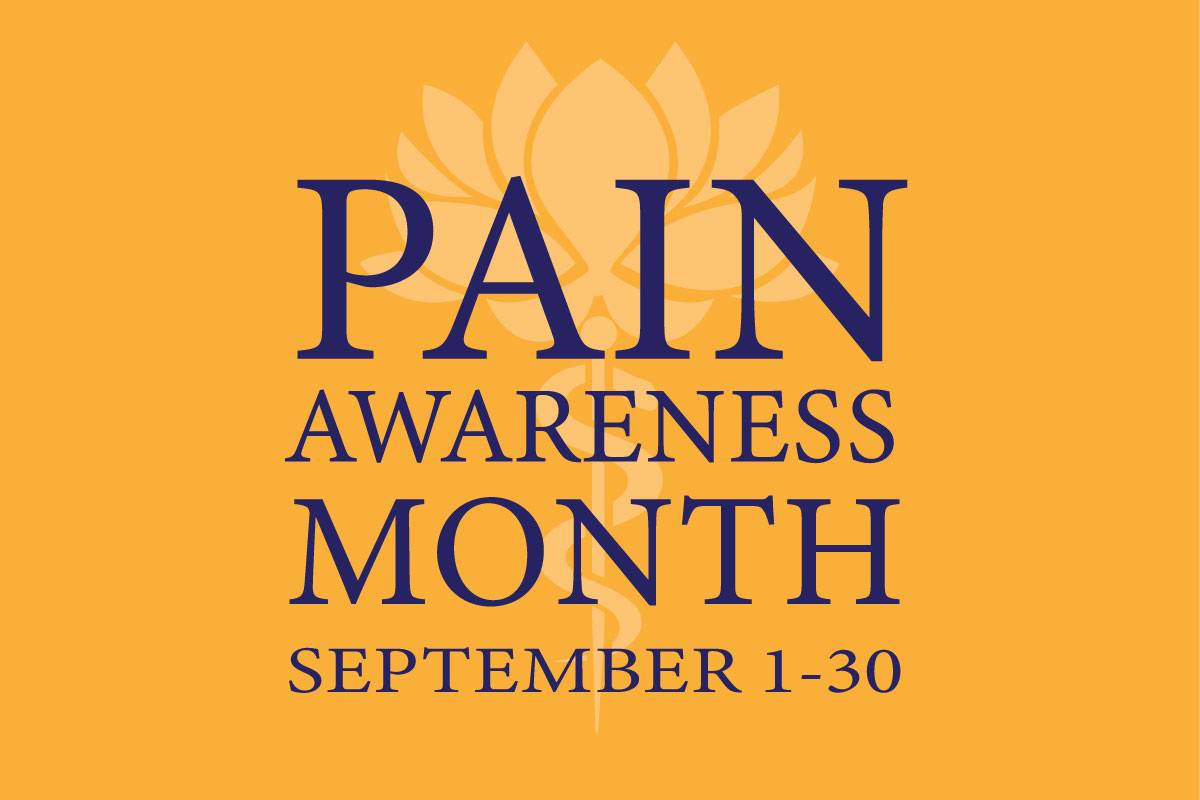
5 Ways We Can Keep Your Immune System Strong
December 10, 2025/by Kaplan Center
Want to Take Your Workout to the Next Level Next Year? These Tips Can Help
December 8, 2025/by Kaplan Center
Dr. Kaplan’s Dos and Don’ts of the Holiday Season
December 3, 2025/by Kaplan Center
Let’s Talk Webinar – A Root Cause Q&A
December 2, 2025/by Kaplan Center
Navigating Holiday Meals with Gut Issues: Simple Tips for a Comfortable Season
December 1, 2025/by Chardonée Donald, MS, CBHS, CHN, CNS, LDN
Craniosacral Therapy for TMJ | Say Goodbye to the Daily Grind
November 19, 2025/by Patricia Alomar, M.S., P.T.
From Compassionate Care to Personal Healing: A Letter to My Patients
November 18, 2025/by Kaplan Center
8 Steps to a Healthier Gut—and a Longer, Healthier Life
November 18, 2025/by Kaplan Center
Mid-Life Irritability & Fatigue Improved by Hormonal Balancing
November 13, 2025/by Lisa Lilienfield, MD
From Challenges to Change: Dr. Kaplan on Healthcare’s Biggest Challenges
October 29, 2025/by Kaplan Center
Overlooked Dangers of Mold Exposure and How to Stay Safe – Dr. Kaplan Talks to WUSA9
October 27, 2025/by Kaplan Center
Let’s ‘Fall’ Into Wellness: A Nutritionist-Approved Immune-Boosting Recipe for Cold and Flu Season
October 13, 2025/by Chardonée Donald, MS, CBHS, CHN, CNS, LDN
PANS/PANDAS – When Sudden Symptoms Signal Something More
October 9, 2025/by Kaplan Center
Beating Burnout, A Nutritionist’s Perspective
October 1, 2025/by Chardonée Donald, MS, CBHS, CHN, CNS, LDN
3 Things That Can Happen After Stopping GLP-1s
September 11, 2025/by Chardonée Donald, MS, CBHS, CHN, CNS, LDN
What Families Need to Know About COVID and Flu Season
September 3, 2025/by Kaplan Center
September is Pain Awareness Month
September 1, 2025/by Kaplan Center
Dr. Kaplan Spoke to Northern Virginia Magazine About COVID, Flu, and Immunity — Here’s What You Should Know
August 14, 2025/by Kaplan Center
“Why Do I Feel Like Crap?”: The Overlap Between Long COVID and Perimenopause
July 30, 2025/by Kaplan Center
Why People Are Turning to EMDR (and Why You Might Want to Too)
July 23, 2025/by Kaplan CenterAre you looking to improve your overall wellness?
Personalized care you can trust.
Our integrative, non-surgical treatment approach is highly successful in maintaining wellness and also treating chronic pain and illness. For more than 30 years, we have delivered superior, cutting-edge health care in the Washington, DC area.
QuickLinks
Contact Information
Tel: 703-532-4892
Fax: 703-237-3105
6829 Elm Street, Suite 300
McLean, Virginia 22101
Map It
Hours of Operation
Mon – Thu : 8 am – 5 pm, ET
Fri : 8 am – 12 pm, ET
Dr. Gary Kaplan on Advances in Stem Cell Therapy and Being a Patient
/in Treatments/by Kaplan CenterMajor advancements in regenerative medicine and stem cell therapies have revolutionized the way orthopedic injuries, spinal disks, nerves, and joints are treated.They are also starting to revolutionize the treatment of autoimmune disease, heart and brain disorders including nerve damage and spinal cord injuries.
Dr. Gary Kaplan recently traveled to Argentina to visit Dr. Gustavo Moviglia, Associate Professor, Wake Forest School of Medicine, and his daughter, Dr. María Teresita Moviglia Brandolino, of ACIDTA, Buenos Aires, to learn more about these advances… he was also a patient.
Why Stem Cell Therapy?
Stem cells are essentially “immature” cells that become different types of mature cells. As infants, we have stem cells present in very large numbers. However, as we age the number of stem cells decline, which in turn limits our regenerative capabilities.
Stem cells have the remarkable ability to communicate, coordinate and replicate. When an injury occurs, stem cells localize to the site, initiate the healing response, and regenerate healthy tissue. The goal of stem cell therapy is to enhance the body’s innate repair system by calling even more stem cells to an injured area.
Dr. Moviglia and Dr. Teresita’s work in this field has shown promising results, and in a number of different areas: regenerating discs, remodeling bone, healing damaged nerves, and spinal cord repair.
As a patient, Dr. Kaplan will be receiving treatments for Osteoarthritis. Currently there is no effective treatment for the progression of osteoarthritis and patients are most often focused on pain management. Stem cell therapy has shown it can improve both pain and mobility of the affected area. Dr. Gary will be chronicling his experience and we wish him the best outcome!
We are here for you, and we want to help.
Our goal is to return you to optimal health as soon as possible. To schedule an appointment please call: 703-532-4892 x2
LISTEN NOW: Why You Are Still Sick
/in Long Covid, Wellness/by Kaplan CenterDr. Kaplan was a recent guest on the Human Optimization Podcast with host Lisa Pitel Killah, BCHHP, FDN-P, hTMAP.
In this podcast, Dr. Kaplan and Lisa discuss
Listen now: Episode #77: Why You Are Still Sick
We are here for you, and we want to help.
Our goal is to return you to optimal health as soon as possible. To schedule an appointment please call: 703-532-4892 x2
LISTEN NOW: Depression, Sleep Issues, and Chronic Pain
/in Long Covid, Wellness/by Kaplan CenterDr. Gary Kaplan was a recent guest on the Less Stressed Life Podcast with Christa Biegler, RD.
In this episode, Dr. Kaplan and Christa discuss all things infections, immune system, and inflammation. They take a deep dive into everything from depression to fibromyalgia, give insight into how all of these chronic problems manifest, and how to potentially help them get better.
Discussion highlights:
Praise for Dr. Kaplan’s book – Why You Are Still Sick: How Infections Can Break Your Immune System & How You Can Recover
“Gary Kaplan is not only a pioneer in his field, he’s a badass who is changing the face of medicine. This book holds everything I wish I knew twenty years ago about autoimmunity. It’s an incredible resource for anyone with chronic pain and illness. It will bring hope and health to so many people.”
– Dave Asprey, founder, Bulletproof 360